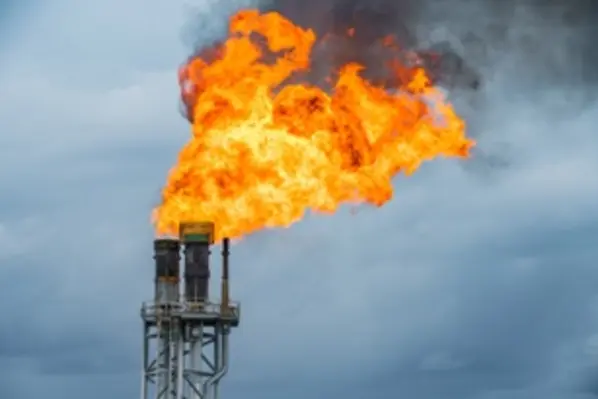Iraq has agreed to take a 30% stake in TotalEnergies US$27bn Gas Growth Integrated Project (GGIP), reviving a deal that has been beset with delays
Iraq’s agreement to lower its share to 30% from 40% in the project, which aims at developing Iraq’s natural gas resources, is reported to have addressed a key stumbling block for the project, as TotalEnergies is said to have wanted a majority stake.
The Iraq Government and TotalEnergies have agreed on a 30% stake for the Basrah Oil Company (BOC) in the GGIP. Furthermore, in agreement with the Iraqi Government, TotalEnergies has invited QatarEnergy to take a 25% stake in the GGIP.
The consortium will thus be composed of TotalEnergies (45%), Basrah Oil Company (30%) and QatarEnergy (25%).
In a statement, TotalEnergies said it “welcomes the continuity of the voice of the State of Iraq on this Development & Production Contract, which is a strong and positive signal for foreign investment in the country.”
Signed in September 2021, the GGIP’s main purpose is to enhance the development of Iraq’s natural resources to improve the country’s electricity supply.
According to these agreements, TotalEnergies and its partners will invest approximately US$10bn to recover flared gas on three oil fields in southern Iraq in order to supply gas to power generation plants; and to build a seawater treatment plant in order to provide water injection for pressure maintenance to increase regional oil production, as an alternative to the use of fresh water from rivers and aquifers.
Furthermore, TotalEnergies will develop a 1 GW solar power plant to supply electricity to the Basrah regional grid. In agreement with Iraqi authorities, TotalEnergies will invite the Saudi company, ACWA Power, to join this solar project.
Iraq, OPEC’s second largest producer, aims to raise oil production to 7mn bpd by 2027 compared to current levels of around 4.6mn bpd. However, infrastructure bottlenecks, poor governance, relatively unfavourable investment conditions and political infighting have hampered progress.










